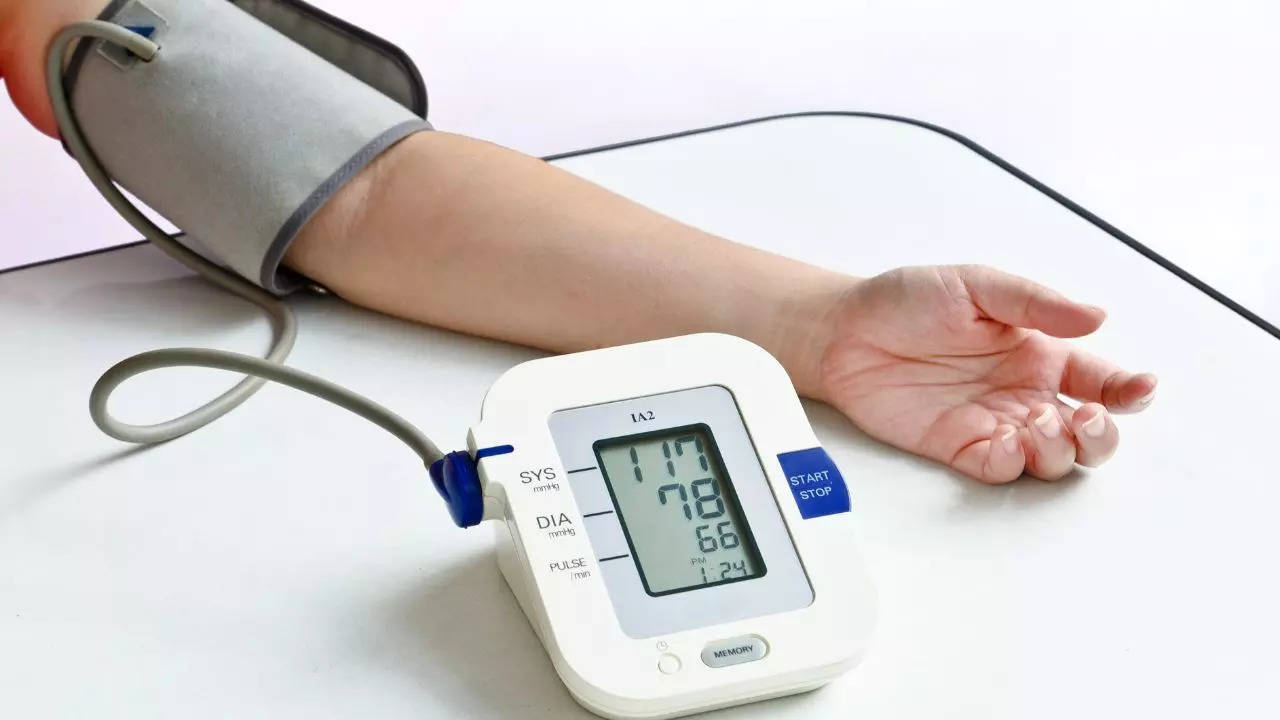
HIGH BLOOD PRESSURE TREATMENT: TRY THESE 10 WAYS TO MANAGE YOUR BP WITHOUT MEDICINE
High blood pressure, also known as hypertension is a condition wherein you have elevated blood pressure levels. This means increased pressure is exerted by the blood against the walls of the arteries, which eventually increases your blood pressure levels. Blood pressure is called a ‘silent killer’ because the condition typically has no symptoms but can lead to serious health problems such as heart disease, stroke, and kidney damage if left untreated.
World Heart Federation says that high blood pressure affects nearly 1.3 billion people and nearly 10 million people every year across the globe. With such high numbers, it is important that you take the necessary steps to prevent the condition from turning fatal or affecting your health adversely. If you have high blood pressure, your doctor will prescribe you medicines that can help you manage the condition. Along with that, you will also have to make certain dietary and lifestyle changes that can help to manage your condition.
However, if you have only a risk of high blood pressure or only a mild increase in blood pressure, lifestyle changes can help to manage your blood pressure. It can delay or reduce the need for medicine.
Here, take a look at the 10 ways you can manage your blood pressure without medicines.
Lose weight
Your blood pressure tends to increase with your weight. Therefore, weight loss is one of the best ways to manage your blood pressure levels. If you’re overweight or obese, losing even a little weight can benefit your blood pressure levels. Mayo Clinic says, “The size of the waistline is important. Carrying too much weight around the waist can increase the risk of high blood pressure.”Exercise
It is very important that you exercise regularly as it can help to lower your blood pressure by about 5 to 8 mm Hg. It is important that you exercise regularly to prevent your blood pressure from increasing. Exercising regularly helps to keep elevated blood pressure from turning into high blood pressure (hypertension).Healthy Diet
Follow a diet that rich in whole grains, fruits, vegetables and low-fat dairy products and low in saturated fat and cholesterol. Also, the potassium in your diet can reduce the effects of salt on your blood pressure.Reduce Salt
It is important to reduce your salt (sodium) intake. A reduction in salt can help to reduce high blood pressure by about 5 to 6 mm Hg.Alcohol
It is suggested that men should limit their alcohol to less than two drinks per day and women should limit their alcohol to less than one drink per day. This can help to lower your blood pressure by 4 mm Hg.Quit smoking
Smoking increases your blood pressure significantly, therefore, it is important that you stop smoking. It can help to lower your blood pressure and also reduce your risk of heart disease.Sleep
Sleep is an important aspect of one’s overall health and well-being. When you sleep less than six hours every night for an extended period of time, it can lead to high blood pressure. It can also cause several other health issues such as sleep apnea and restless leg syndrome among others.Stress
Chronic stress can lead to high blood pressure. It is important that you manage your stress to lower your blood pressure. Try and follow techniques that can help to lower your stress levels, thereby, benefiting your blood pressure.Monitor your blood pressure
Make sure that you’re keeping a check on your blood pressure levels regularly at home. Along with that, you should also visit your doctor for check-ups at regular intervals.Support
Have supportive friends and family as they are important for overall health and well-being. Also, make sure to take care of your health and ask for help as and when needed. 2024-04-12T13:06:49Z dg43tfdfdgfd